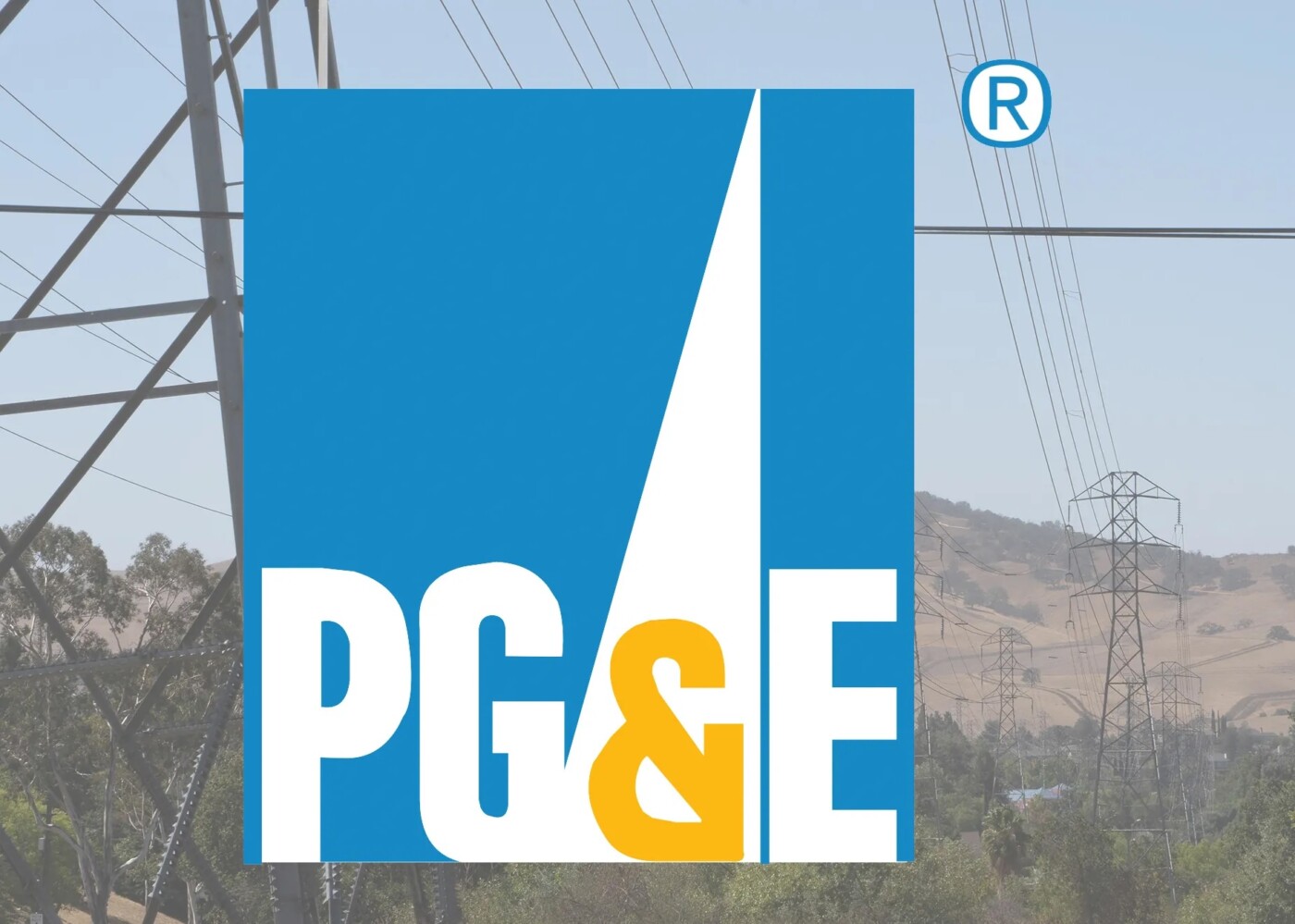PG&E customers in the Bay Area have fallen victim to a growing wave of utility scams, with over $190,000 in losses reported so far this year, the utility company revealed this week.
PG&E said that in the Bay Area alone, the company has received more than 2,500 reports of scams targeting both residential and business customers. The East Bay region leads the way with 971 reports, followed by the North Bay with 662 and the South Bay with 413.
In San Francisco, 260 reports have been filed, while other notable cities like San Jose and Oakland have also seen a significant uptick in scam attempts.
“In most cases, scammers create panic by threatening disconnection of utility services if immediate payment is not made. If outreach seems suspicious, hang up the phone, close the door, or do not respond to the email,” Jake Zigelman, PG&E’s Vice President for the Bay Area Region, said in a statement.
PG&E says scammers often impersonate utility workers, claiming that immediate payment is needed to avoid service disconnection. Victims are pressured to make payments through methods such as prepaid debit cards or mobile payment apps, which PG&E never uses for billing.
The typical victim loses more than $900, with more than 200 customers reporting they have fallen for these fraudulent schemes. PG&E officials suspect the actual number of scams is even higher, as many customers do not report the incidents.
“In most cases, scammers create panic by threatening disconnection of utility services if immediate payment is not made. If outreach seems suspicious, hang up the phone, close the door, or do not respond to the email.”
Jake Zigelman, PG&E’s Vice President for the Bay Area Region
Business owners in the Bay Area have also been targeted, with 250 reports of scams aimed at small and medium-sized businesses. Scammers often exploit busy times, hoping to catch people off guard during peak customer service hours.
To protect themselves, PG&E advises customers to never make payments via prepaid debit cards, verify any suspicious communications through their official online accounts, and report suspected scams immediately.
“Remember, PG&E will never ask for your financial information over the phone or via email, nor will we request payment via pre-paid debit cards or other methods of money transfer, including mobile applications,” Zigelman said.
Customers can call PG&E’s scam tip line at 1-833-500-SCAM or visit the utility’s website for more information.
PG&E recommends that anyone who feels threatened by scammers should contact local law enforcement or dial 911.
The post PG&E billing scams are on the rise, with the East Bay leading the way for fraud reports appeared first on Local News Matters.
